SENACYT & STRI Post-doctoral Fellow
My research sits between the established disciplines of biodiversity, ecology, chemical ecology and mineralogy in the context of the global change using bryozoans as model organisms.

My current research aims are (a) to present new data on bryozoan species richness and the spatial patterns from poorly known regions, (b) to evaluate the ecological and applied effects of their natural compounds and (c) to deepen current understanding of skeletal geochemistry so that we can assess better how they will respond to global change.
Why study bryozoans?
Bryozoans are ubiquitous and important members of many benthic communities with high productivity, biodiversity and many ecosystem services and their global species richness is still largely underestimated. Biodiversity and biogeographical baseline studies are starting points for monitoring and rapidly assessing changes associated with threats such as climate change and the establishment of invasive marine species.
They inhabit depths between the intertidal to abyssal plains, and at all latitudes in the oceans. The broad bathymetrical and geographic ranges of some species make them useful organisms for evaluating depth and/or geographical-related changes.
They are known to produce natural products (NPs), such as alkaloids and terpenoids, although research in NPs and their role in an ecological context have focused mostly on other phyla.
They are often dominant skeletal-carbonate producers in temperate and polar waters that secrete skeletal calcite containing significant amounts of Mg-calcite. Their skeletons are more soluble than skeletons with low Mg content, and consequently, more susceptible to ocean acidification, as the solubility of calcite increases with its Mg-calcite content.





 My research integrates behavioural ecology, sensory physiology, evolutionary ecology and genomics to examine the role of environmental change in shaping communication systems and ultimately the evolutionary trajectory of populations. I am fascinated by rapid ecological adaptation and its genetic and epigenetic underpinnings, particularly in aquatic environments. If there is water, and there are animals, I am interested!
My research integrates behavioural ecology, sensory physiology, evolutionary ecology and genomics to examine the role of environmental change in shaping communication systems and ultimately the evolutionary trajectory of populations. I am fascinated by rapid ecological adaptation and its genetic and epigenetic underpinnings, particularly in aquatic environments. If there is water, and there are animals, I am interested!
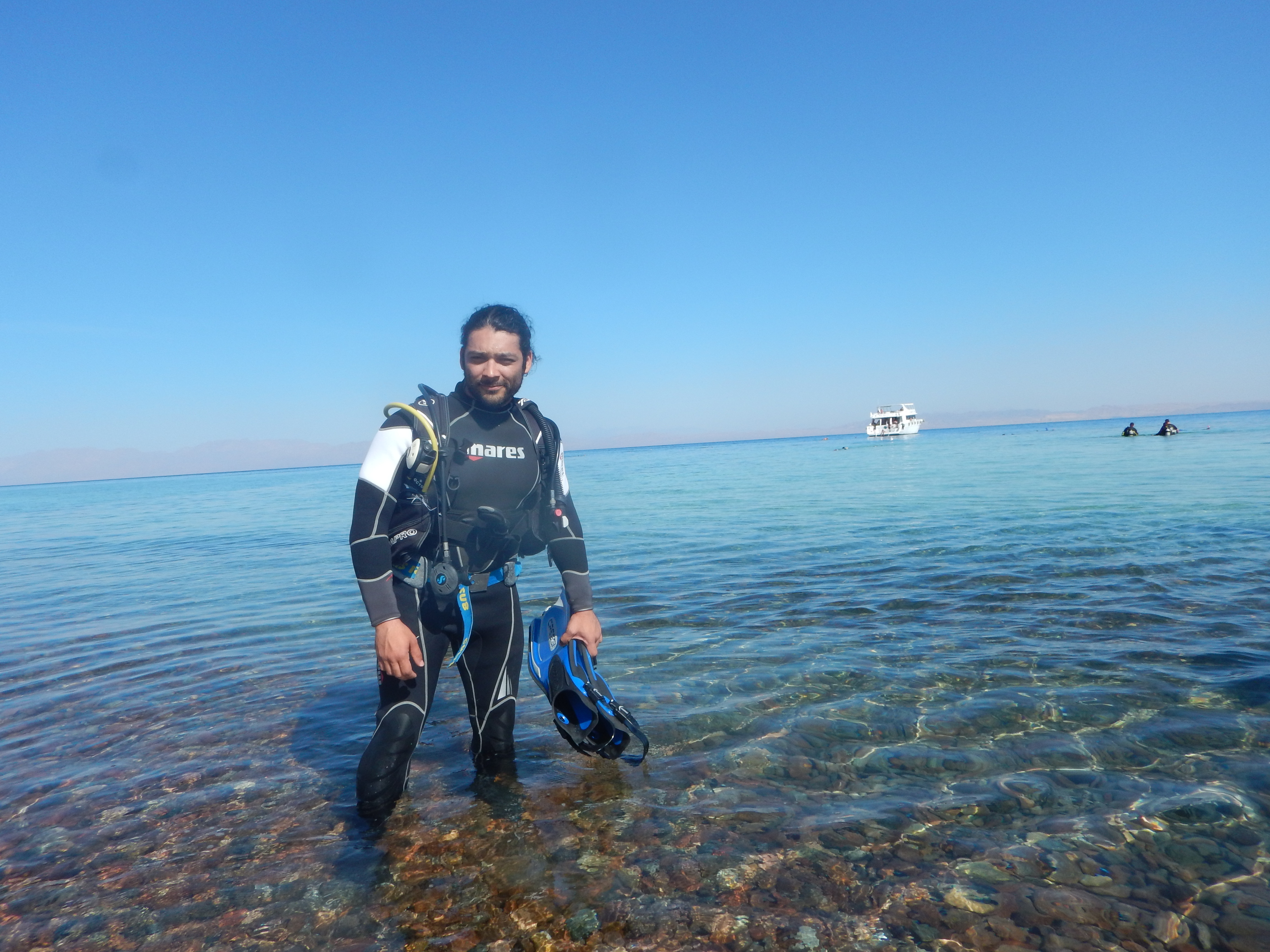

 I am a student of Marine Biology at the International Maritime University of Panama. I have previously worked on the taxonomy, identification and ecology of coral reef fish. I am currently working on a project that seeks to create the first collection of micro-gastropods in Panama, and at the same time investigate the variability in time and space of these organisms on a geological scale at the Caribbean and Pacific side of Panama to understand environmental changes. My primary goal as a marine biologist is to help develop science in Panama to help preserve the natural world.
I am a student of Marine Biology at the International Maritime University of Panama. I have previously worked on the taxonomy, identification and ecology of coral reef fish. I am currently working on a project that seeks to create the first collection of micro-gastropods in Panama, and at the same time investigate the variability in time and space of these organisms on a geological scale at the Caribbean and Pacific side of Panama to understand environmental changes. My primary goal as a marine biologist is to help develop science in Panama to help preserve the natural world. Suzette works on plants but is otherwise quite a nice person. She can teach you things you never knew were possible with GIS. Watch out for her wicked tea making abilities handed down over generations
Suzette works on plants but is otherwise quite a nice person. She can teach you things you never knew were possible with GIS. Watch out for her wicked tea making abilities handed down over generations




 I am an undergraduate student at College of the Atlantic in Bar Harbor, Maine, pursuing a degree in Human Ecology with a concentration in marine biology. I am interested in the ecological relationship between sea turtles and the communities in which they belong. Subsequently, I hope to make further contributions to the restoration and conservation of both in my homeland, Malaysia.
I am an undergraduate student at College of the Atlantic in Bar Harbor, Maine, pursuing a degree in Human Ecology with a concentration in marine biology. I am interested in the ecological relationship between sea turtles and the communities in which they belong. Subsequently, I hope to make further contributions to the restoration and conservation of both in my homeland, Malaysia.

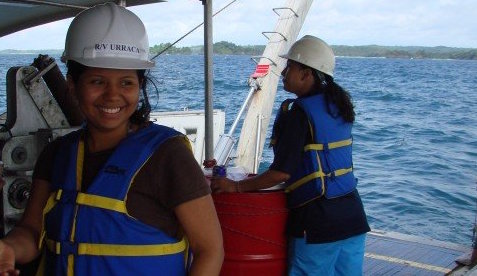

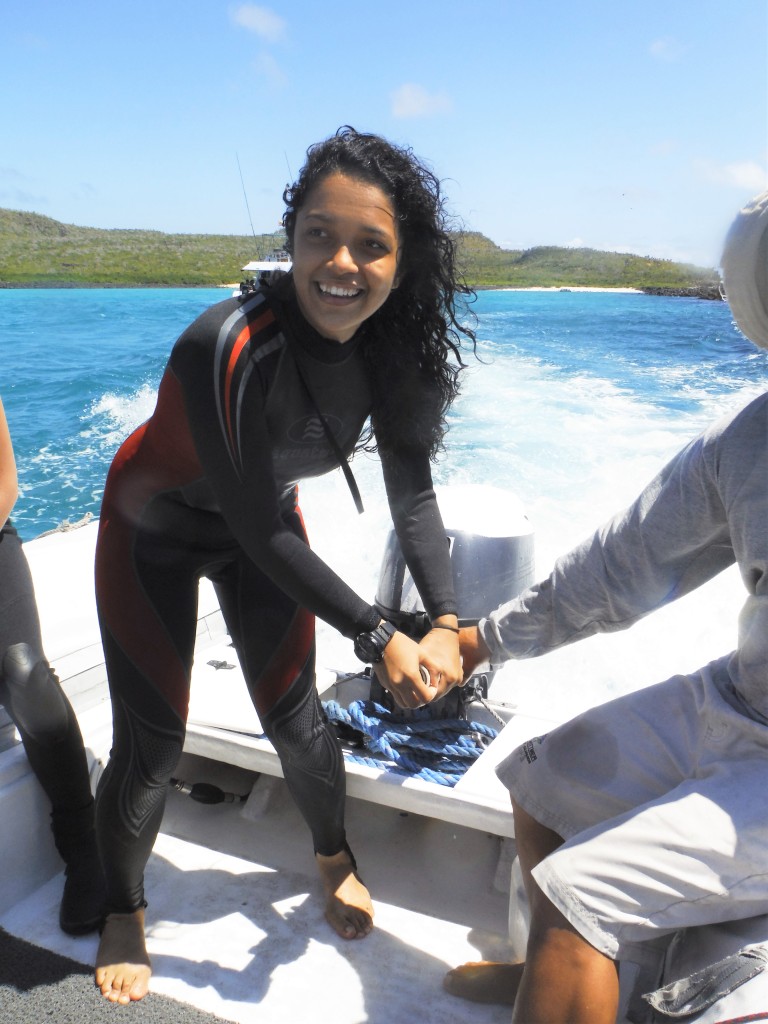 I’m a Biology undergraduate student at University of Panama profoundly interested in Marine Biology and paleontology, especially the evolution, adaptation and ecology of coral reefs. I’m working on a project that consists of reconstructing the Caribbean reef fish communities of the past, and my master tools for this research are fish otoliths. Otoliths have distinct shapes that enable us to identify fish families, sometimes even to the level of species and fossil otoliths may help us reconstruct the reef fish community of the Caribbean 7000 years ago (i.e. before human impacts). This information will provide a baseline that will enable us to compare “pristine” with modern reef fish communities.
I’m a Biology undergraduate student at University of Panama profoundly interested in Marine Biology and paleontology, especially the evolution, adaptation and ecology of coral reefs. I’m working on a project that consists of reconstructing the Caribbean reef fish communities of the past, and my master tools for this research are fish otoliths. Otoliths have distinct shapes that enable us to identify fish families, sometimes even to the level of species and fossil otoliths may help us reconstruct the reef fish community of the Caribbean 7000 years ago (i.e. before human impacts). This information will provide a baseline that will enable us to compare “pristine” with modern reef fish communities.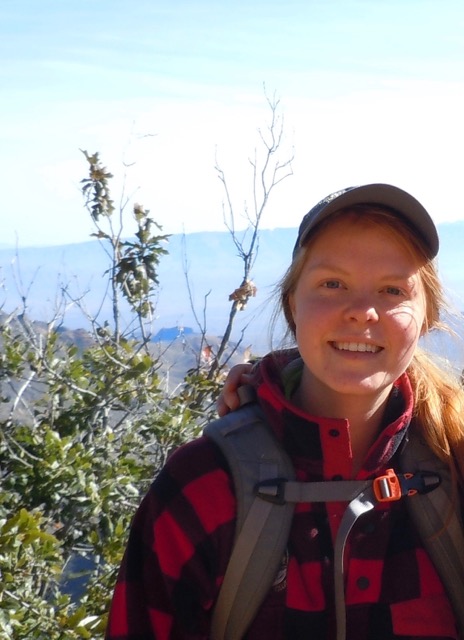
 I am a student at Keiser University in Nicaragua who will be transferring to FIU this year to pursue a degree in Marine Biology. I am working alongside Erin Dillon helping process fossil and modern sediment samples to find shark denticles and formulate a hypothesis of how shark communities were before humans. This will allow me to explore new areas of marine biology and gain experience doing research. It will also help me understand how fossils can be used to interpret the present.
I am a student at Keiser University in Nicaragua who will be transferring to FIU this year to pursue a degree in Marine Biology. I am working alongside Erin Dillon helping process fossil and modern sediment samples to find shark denticles and formulate a hypothesis of how shark communities were before humans. This will allow me to explore new areas of marine biology and gain experience doing research. It will also help me understand how fossils can be used to interpret the present. ackground to conduct innovative research and integrate macroecology and palaeoecology. Thus, my current research focuses on integrating new and existing geochemical data with paleobiological data from the Panama Paleontology Project (PPP) to resolve the drivers of ecological change and evolutionary turnover in the Caribbean. In collaboration with Dr. Ethan Grossman (Texas A&M) I have built a relational database ‘Tropical Ocean Database’ that will be available to unite paleoecology, evolutionay, environmental and geochemical datasets to allow broad-scale comparison and analysis of marine ecosystems and their communities through time.
ackground to conduct innovative research and integrate macroecology and palaeoecology. Thus, my current research focuses on integrating new and existing geochemical data with paleobiological data from the Panama Paleontology Project (PPP) to resolve the drivers of ecological change and evolutionary turnover in the Caribbean. In collaboration with Dr. Ethan Grossman (Texas A&M) I have built a relational database ‘Tropical Ocean Database’ that will be available to unite paleoecology, evolutionay, environmental and geochemical datasets to allow broad-scale comparison and analysis of marine ecosystems and their communities through time.


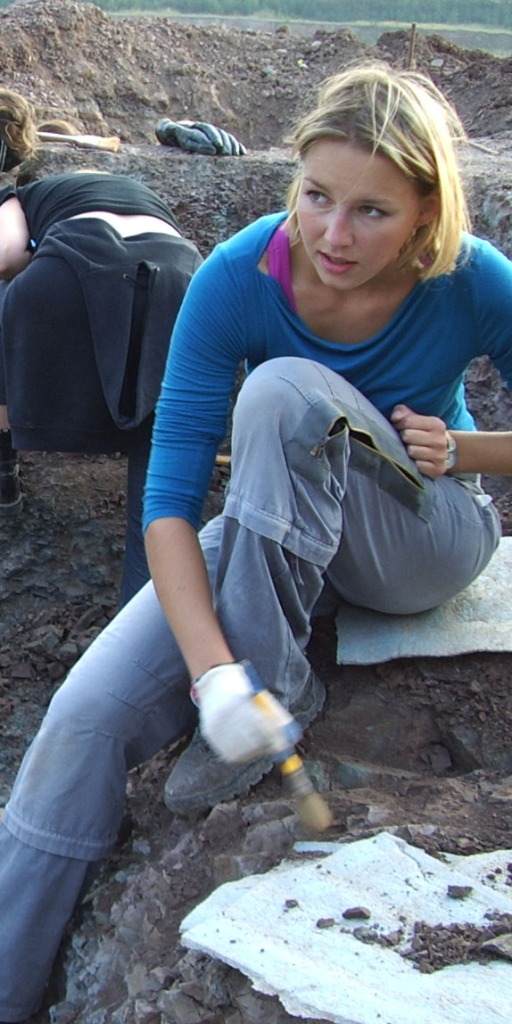
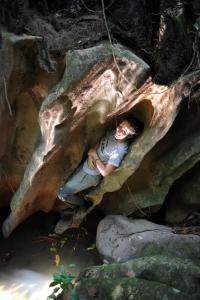
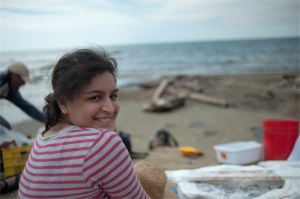
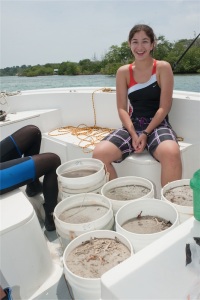


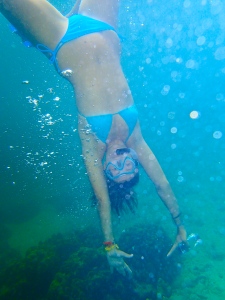

You must be logged in to post a comment.